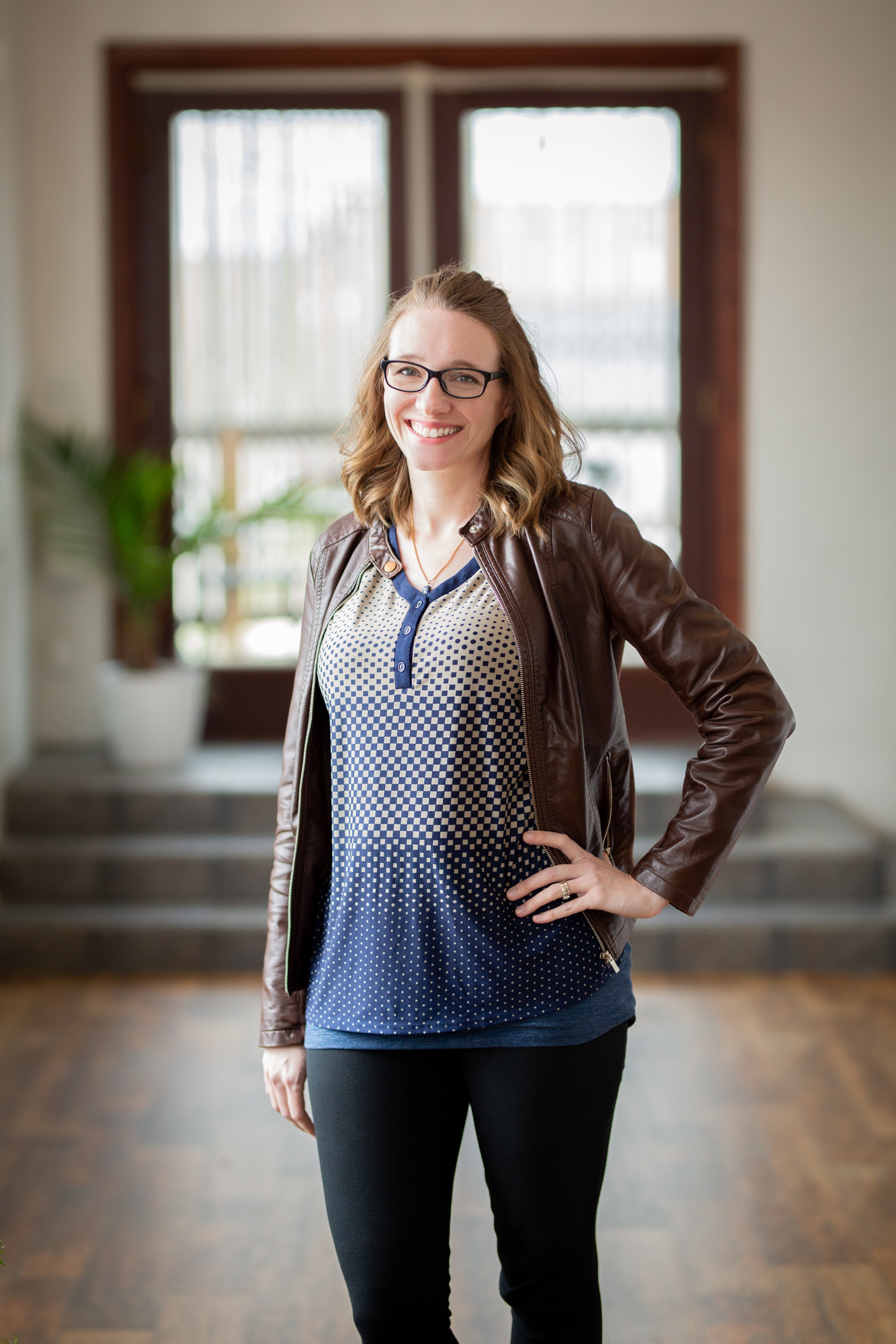
Lorelei Savaryn finds comfort and purpose in the Catholic view on the vocation of marriage.
My husband and I celebrated 17 years of marriage in May. This decade-plus has brought with it many things, including three children and my conversion to the Catholic faith. We had a Catholic wedding since my husband was brought up in the Church. I, however, was as far from Catholicism as I ever was going to be on our wedding day, and yet, somehow, also closer than I knew.
Helping each other to Heaven
As part of the anniversary celebrations, we re-watched our wedding video, including the ceremony. This was something we hadn’t done in years. It surprised me to see that part of the homily addressed the idea that part of our job as husband and wife was to help each other to Heaven.
I had heard that before in other conversations with Catholics about the purpose of marriage, but at the time I struggled with the concept greatly.
The idea of helping my husband get to Heaven felt far too works oriented to me. Wasn’t the work of Christ sufficient? How was I supposed to contribute to that? As a Protestant, I, like many others, shied away from anything suggesting I needed to do works to attain salvation.
Of course, as I began my journey to Catholicism, I learned Catholics aren’t actually toiling their way through this life, trying to live up to some standard good enough for Saint Peter to give them the green light to enter through the Pearly Gates. I learned our works are signs of God’s grace actively working in our life. Any good I do is Christ in me, and therefore I cannot take any credit. It is all, and always, Jesus.
Once I corrected my understanding, the concept of helping my husband get to Heaven became a lot less scary. I realize people in Protestant Christian marriages do this, too, but just label it differently.

Running the race
In 2 Timothy 4:7, Saint Paul states: “I have competed well; I have finished the race; I have kept the faith.”
No matter what our Christian background, we all understand the concept of finishing the race strong. We want to be able to finish our lives like St. Paul, knowing we have kept the faith, and lived our lives in love and obedience to God. It makes sense then, as spouses, that we are uniquely qualified to intimately help each other do just that.
That’s what helping each other to Heaven means to me now. It means we walk alongside each other, day in and day out, spurring each other on toward holiness. It means saying “yes” to God and drawing ever nearer to Him. We hold each other accountable. We are to be the hands and feet of Jesus to each other, each drawing the other into closer relationship with our Savior.
Specifically, this means ensuring my husband has time to study the Bible, read about the saints, and pray. It means we take turns holding the baby during Mass, so we are both able to be contemplative and prayerful as we prepare to receive the Body and Blood of our Savior. It means we make sure we each attend Confession on a regular basis.
It means I strive to love him as Christ loves the Church because the better I do that, the more my husband will be drawn to Jesus himself. It means these things, and so much more.

After a particularly healing experience in a recent Confession, I had a dream of Heaven. In my dream, there was light all around, and I approached a figure which emerged to be that of my husband. We looked at each other, tears welled up in our eyes, and we hugged. We helped each other reach the finish line strong, and we were filled with gratitude for the instrumental role we had in helping each other to get there. I pray that dream may someday become a reality, and I believe it can, as we live out our vocation to each other day by day, through our marital love.
If you are called to the vocation of marriage, how do you help each other to Heaven? What does that concept mean to you?
Share your thoughts with the Catholic Mom community! You'll find the comment box below the author's bio and list of recommended articles.
Copyright 2024 Lorelei Savaryn
Images: Canva
About the Author

Lorelei Savaryn
Lorelei Savaryn joyfully joined the Catholic Church in 2016 after many years as a Protestant. She lives outside Chicago with her husband, four children, and dog named Saint. She writes about her faith and family life on ThisCatholicFamily.com. She is also a children's author. Her debut novel, The Circus of Stolen Dreams, released in Sept 2020 from Penguin Random House/Philomel.


.png?width=1806&height=731&name=CatholicMom_hcfm_logo1_pos_871c_2728c%20(002).png)
Comments